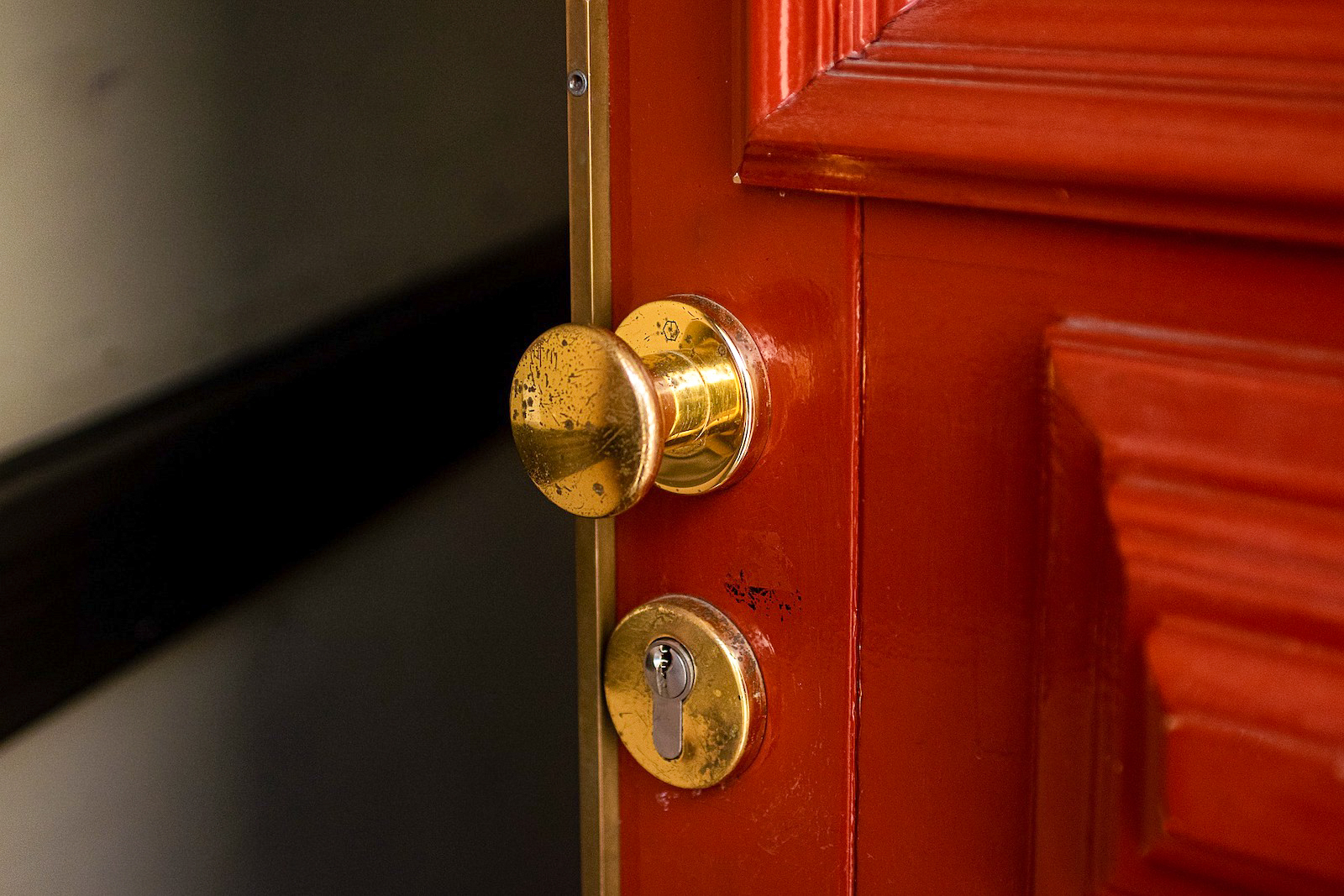Hackers Don't Break In, They Log In
June 22, 2020

This month, we want to encourage you to keep your guard up. Phishing and social engineering attacks continue to be the most common attack vector used by cyber criminals.
These days, hackers don’t break in, they log in (with your credentials). The bad guys don’t need to waste effort trying to break into your computer, or hack into Biola’s systems using sophisticated technical skills. It’s easier for them to find someone willing to open the door and let them in. This is what happens when we enter our login credentials on a bogus website (handing our keys over to the bad guys) or open a malicious attachment because we fell for a phishing scam.
COVID-19 scams have skyrocketed recently, appearing in the form of social media posts, text message phishing (smishing), and email phishing. These attacks are designed to manipulate our emotions and bypass our critical thinking.
The attackers know that many people are working from home, without the protections of their workplace’s secure network. They’re hoping our guard is down.
Here’s what you can do:
- Do your Biola work only on a Biola-owned and -managed computer. Use personally-owned devices for personal activities.
- Don’t let other people use your work computer.
- Refresh yourself on the current COVID scams.
- Make sure you’ve completed your mandatory employee cybersecurity training.
- Develop your readiness. Learn to identify a rise in your emotions when reading an email message. If you feel an urgent need to act on an email message, stop and analyze the message for social engineering techniques.
- Teach other people how to avoid getting phished.
- Create a strong password on your home wireless router. Don’t use the default password that it shipped with!
Treat your technology like your home: When the bad guys come knocking, don’t open the door.
